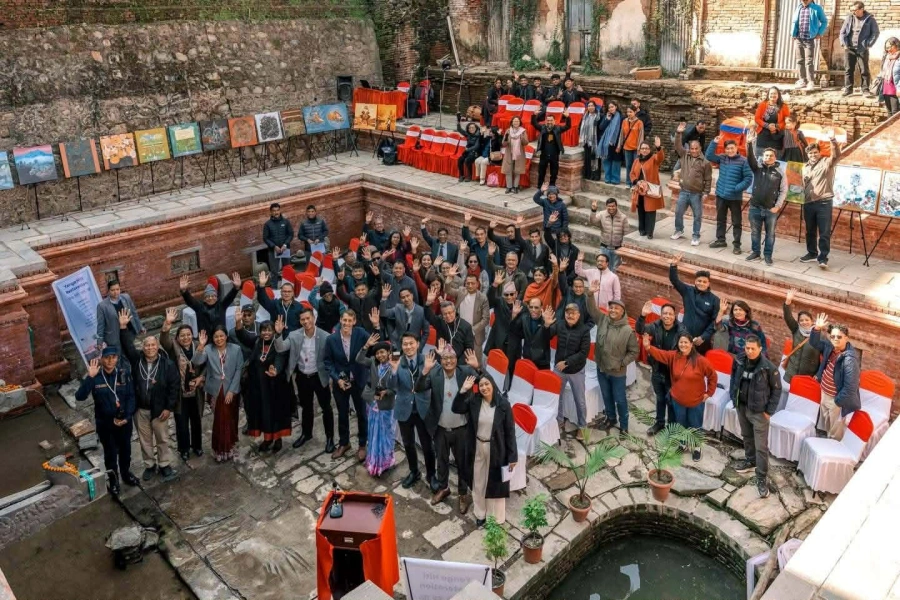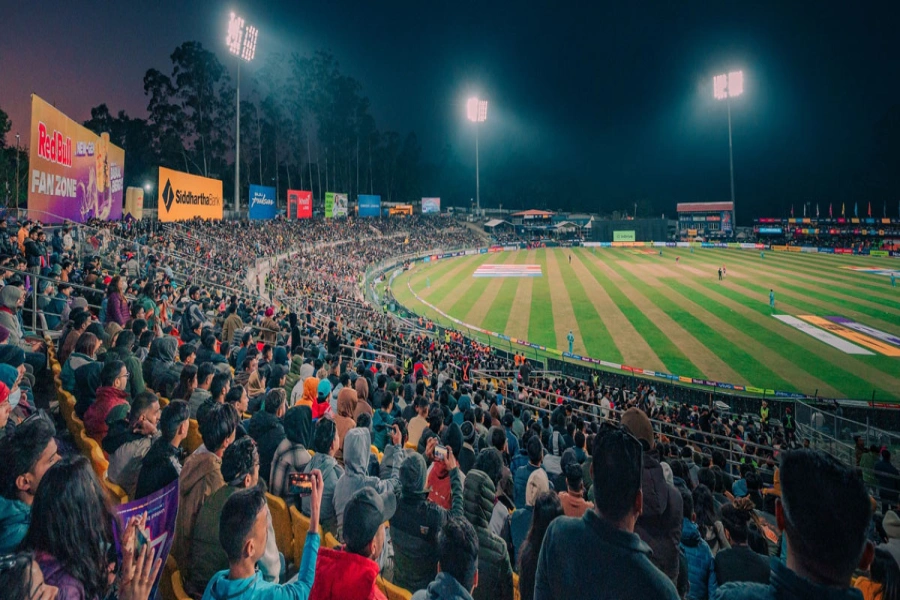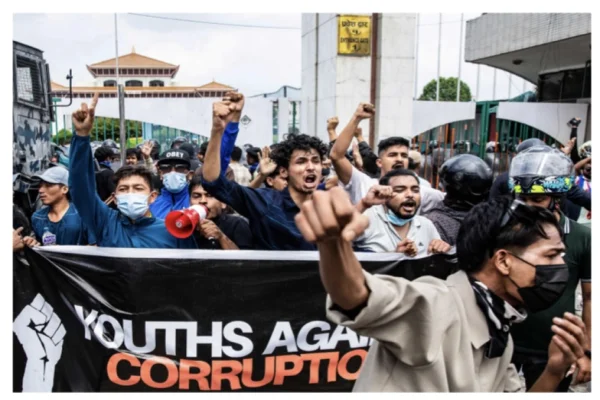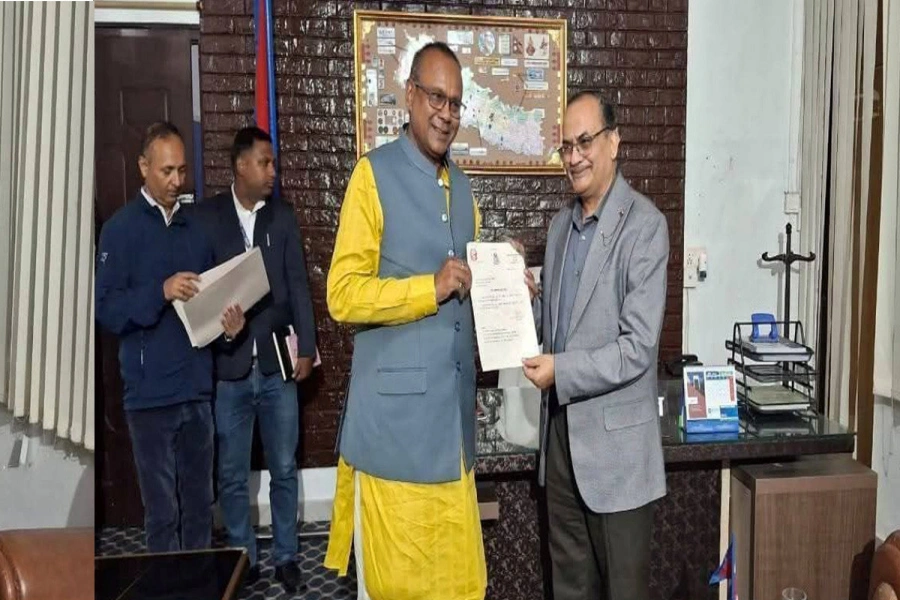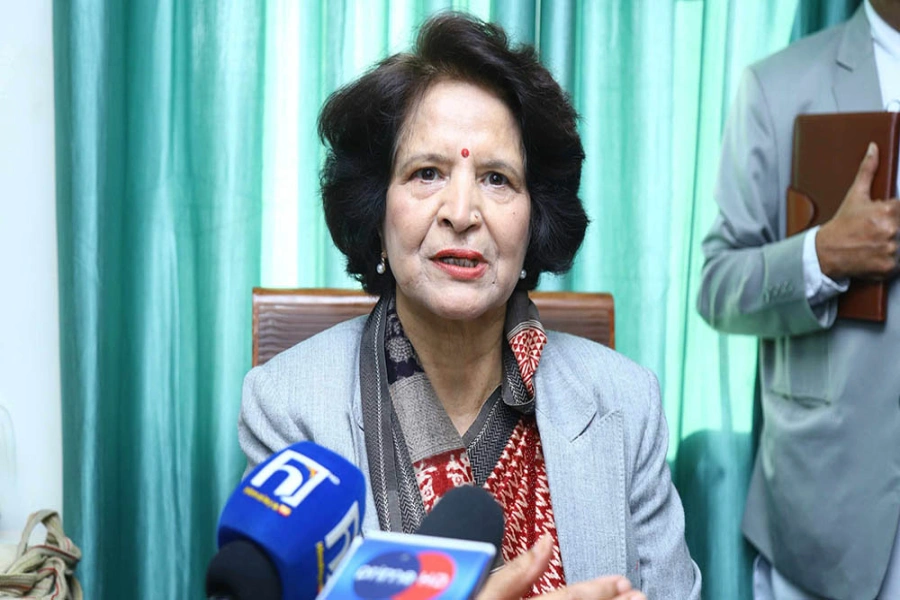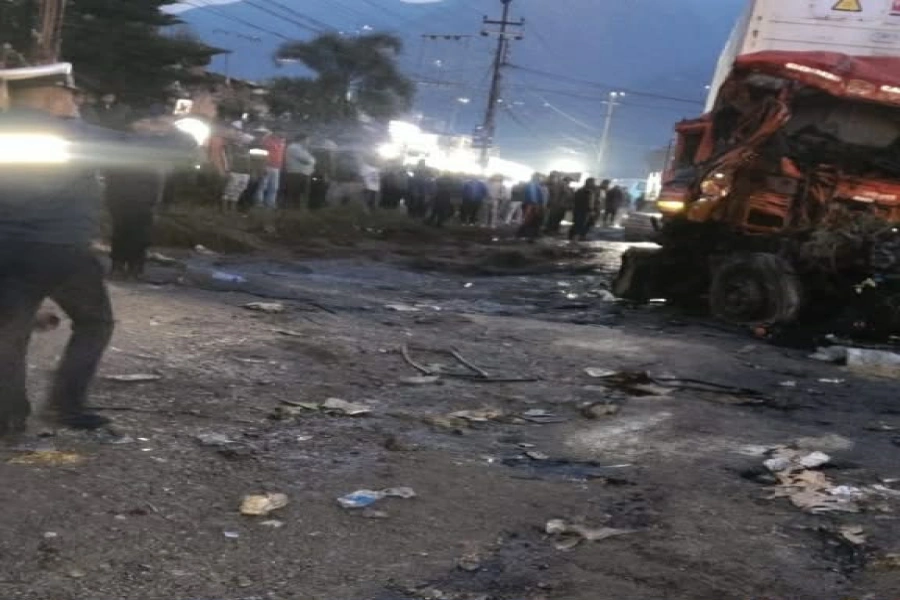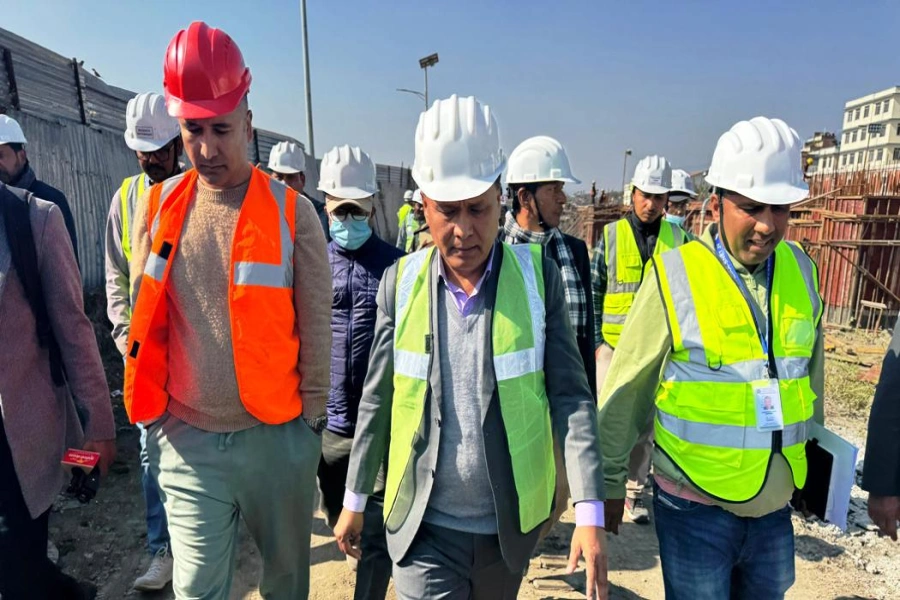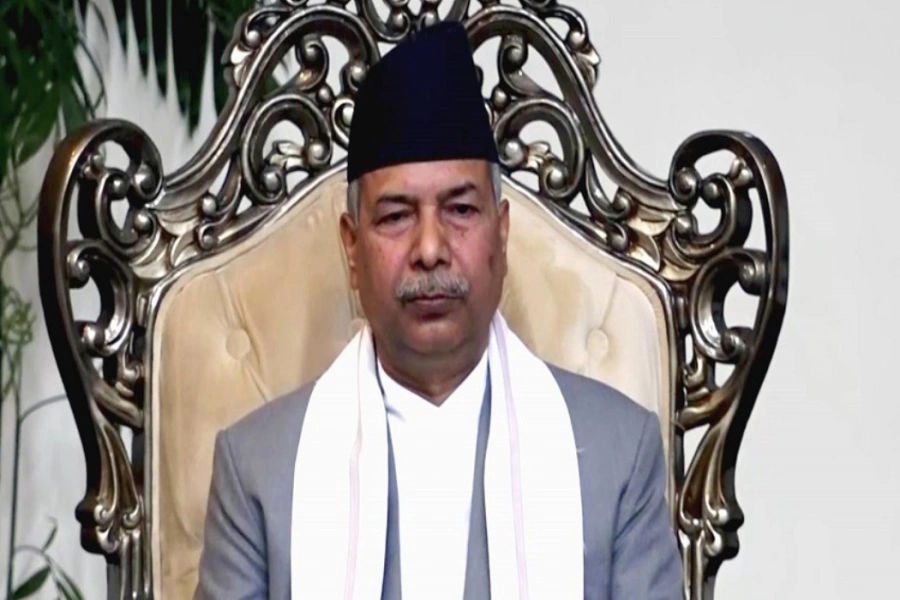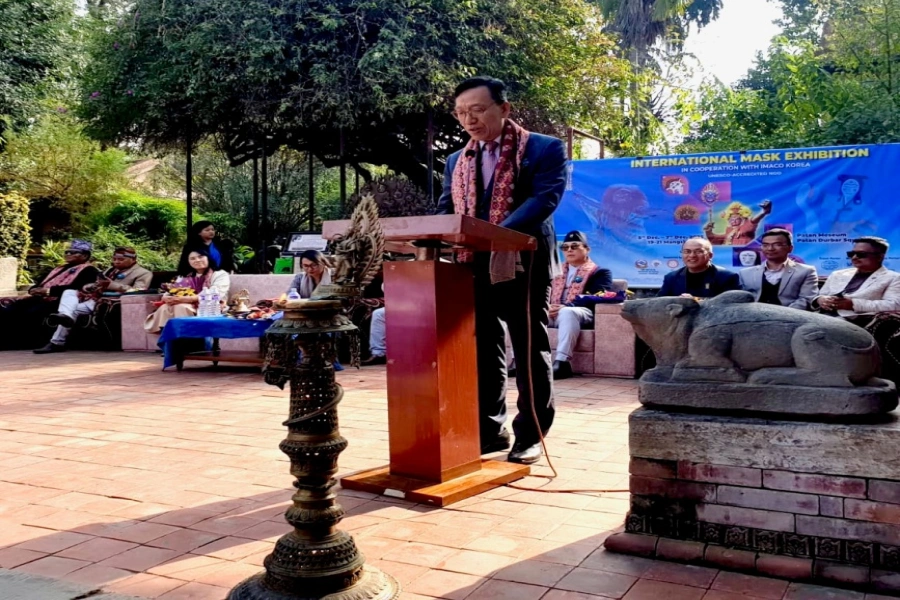KATHMANDU, Oct 4: India has decided to grant approximately Rs 15 billion for the construction of a petroleum pipeline and fuel storage facility in Nepal. Nepal Oil Corporation (NOC) and Indian Oil Corporation (IOC) on Thursday reached an agreement in New Delhi for the construction of the pipeline and fuel storage facility.
The NOC confirmed that it reached an agreement with the Indian Oil Corporation (IOC) in New Delhi on Thursday for the construction of the pipeline and a storage facility. As per the agreement, a new petroleum pipeline will be constructed from Silgudi to Jhapa, and the pipeline from Amlekhgunj (Bara) will be extended to Chitwan, while the IOC will also build a fuel storage tank in Jhapa with the grant.
Managing director of NOC Dr Chandika Bhatta and Managing Director of IOC Senthil Kumar signed the pipeline project agreement.
Petroleum pipeline to be built with an investment of INR 17 bil...

According to MD Bhatta, IOC will construct the three projects with the grant, while another storage facility in Chitwan will be built with the investment of the NOC. The NOC will invest approximately Rs 9.5 billion for the storage facility. These projects are now set to move into the implementation phase.
NOC's deputy MD Birendra Goit stated that the three projects to be constructed with the grant from India and the projects to be built with the NOC's investment will move forward after the signing of the agreement. Goit said that the construction of the Amlekhgunj-Chitwan petroleum pipeline, Siliguri-Jhapa petroleum pipeline, and greenfield terminal (storage facility) at Charali in Jhapa and Lothar in Chitwan will lead to a more organized fuel supply.
Previously, during the state visit of the then Prime Minister Pushpa Kamal Dahal to India, the two countries had signed a government-to-government (G2G) agreement, under which IOC committed to construct two pipelines and one greenfield terminal with a grant.
The then Minister for Industry, Commerce, and Supplies Ramesh Rijal and Indian Petroleum Minister Hardeep Singh Puri signed the agreement in the presence of the then PM Dahal and his Indian counterpart Narendra Modi.
It is believed that the construction of the pipeline will not only save transportation costs but also help maintain the purity of petroleum products entering Nepal and control leakage, theft and adulteration. It will also resolve traffic congestion caused by oil tankers and reduce environmental pollution.
The Siliguri-Jhapa pipeline will cater to the demands of eastern Nepal, particularly the Koshi Province. As the currently operational Motihari-Amlekhgunj petroleum pipeline is unable to meet the country’s demand, the NOC is constructing this pipeline to cover the eastern region. Approximately 35 km of the Silgudi-Jhapa pipeline will be in India, while 15 km will be in Nepal.
The petroleum pipeline brought to Amlekhgunj is being extended to Chitwan. The highest consumption of petroleum products occurs in the capital city of Kathmandu and another major city, Pokhara. Therefore, the plan is to construct a petroleum pipeline extending to Lothar in Chitwan to reduce transportation costs in these areas.
Once the pipeline is extended from Amlekhgunj to Chitwan, it is expected to facilitate the long-term sale, distribution, and management of petroleum products in the country.



